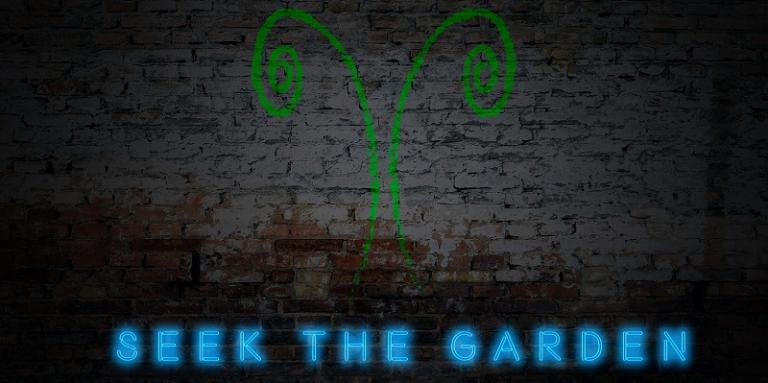
Commonwealth: A Novel of Utopia, part 1, chapter 4
Author’s Note: This is an excerpt from my novel Commonwealth. The rest of today’s installment is free, but only on my Patreon site. If you want to read the next part today, it’s already up on Patreon as well. You can sign up for as little as $1/month.
Weeks passed.
New York City smoldered in a merciless summer. The rooftops shimmered in the heat wave; the subway platforms were as hot as saunas. The fortunate few closed their blinds against the glare and turned up the air conditioning to cool their homes to a wintry chill. The poor sat on rickety fire escapes during the day, fanning themselves with cardboard, and tossed and turned during the sweaty, sleepless nights. Blackouts and brownouts became weekly occurrences, and rich neighborhoods with their own private generators were islands of light in a darkened city.
Desperate crowds paid for admission to the beaches, despite the garbage barges that wallowed on the horizon and the brightly colored foams and slicks that washed against the shore. Soon, the city’s few remaining free clinics were swamped: children and the elderly wheezing with asthma or sluggish with heat stroke; people with strange rashes, inflamed eyes, swollen joints, fevers, chills and seizures.
For Rae, the time went by in a blur of busyness. There was always something to do, and she welcomed the challenge.
Her team unclogged pumps jammed by the garbage that floated in the city’s wastewater. They repaired blowers that kept fresh air moving through the tunnels. They fixed gates, elevators, turnstiles, motors. On days when there were no critical repairs, they worked on Big Gertie, modernizing the antiquated interlocking controller one piece at a time.
An overhead wire on the Hell Gate Bridge failed when its insulation melted in the heat, and trains heading east out of the city were stalled by a power failure. Rae and her crew were called out to fix it, and they worked on the graceful span of the bridge with the water sparkling below. The sun beat down, but there was a cool breeze over the channel. In the distance, the skyline of Manhattan was a blue oasis, the mirage of a garden in the desert.
It’s a symbol to the world, she thought, admiring the sight as she wiped her brow. Made by millions of immigrants from hundreds of cultures, each wave of migration reshaping the city, adding something to what those before them had done. It’s the tangible shape of community, sculpted out of skyscrapers and bridges – the shining example of what people can accomplish when we live and work together. It’s not too late to save it.
Curt Bryan had given her no more trouble. Rae kept an eye on him, and occasionally noticed him glancing sidelong at her, but he worked quietly and competently and made no hostile moves. She began allowing herself to believe that he had given up when he saw she wouldn’t be intimidated.